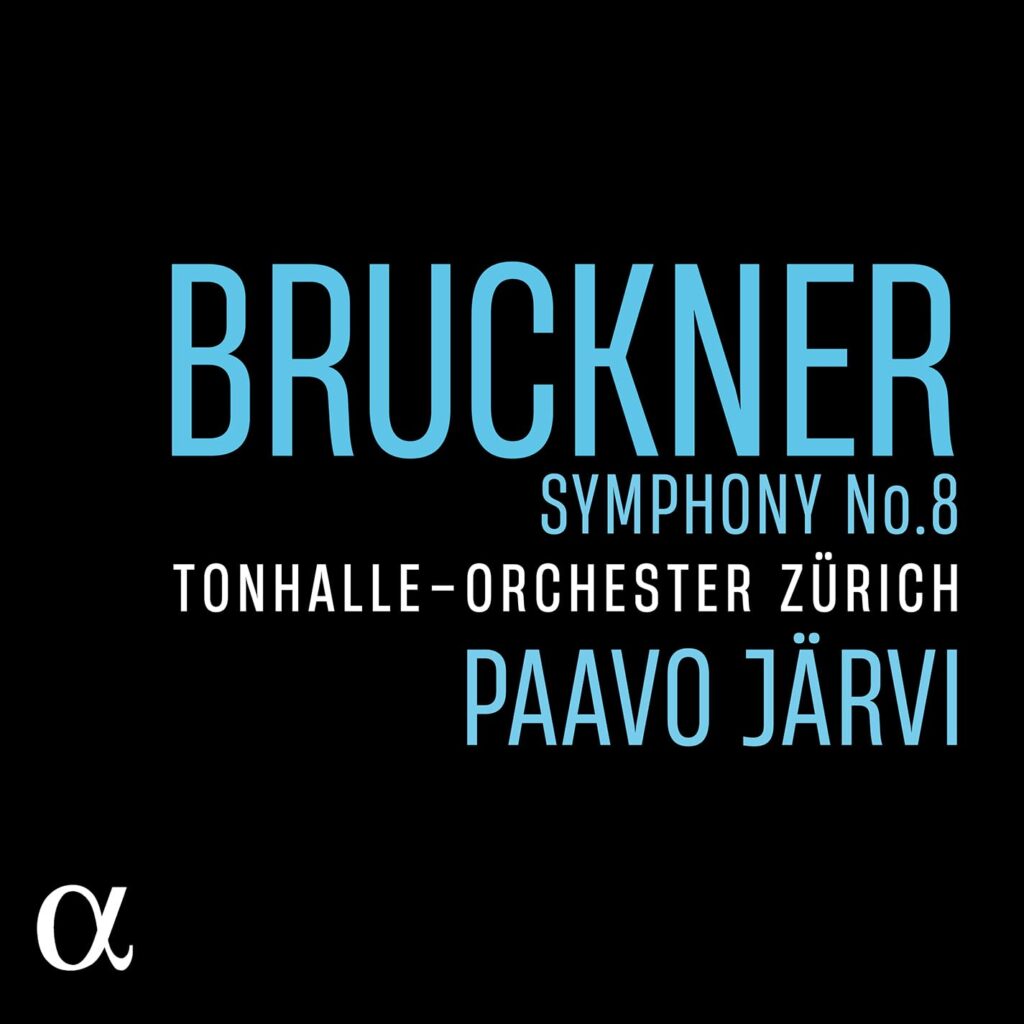SYMPHONY NO. 8 TONHALLE-ORCHESTER ZÜRICH
Paavo Järvi’s Evolving Bruckner Journey
Paavo Järvi’s enduring fascination with Anton Bruckner is no secret, and his latest venture with the Tonhalle-Orchester Zürich presents a new perspective on Symphony No. 8. This recording follows closely on the heels of their rendition of the seventh symphony, inviting listeners to explore Järvi’s evolving interpretation of Bruckner’s monumental works. Having previously embarked on a comprehensive Bruckner cycle with the Frankfurt Radio Symphony Orchestra, one cannot help but wonder if the ten-year gap between recordings has ushered in significant changes in Järvi’s approach.
One of the most noticeable alterations lies in tempo, as each movement of this rendition unfolds at a slower pace, adding approximately five minutes to the overall playing time. While the Tonhalle-Orchester Zürich, a notably fine ensemble, may not possess the same sonic grandeur as orchestras in Amsterdam, Berlin, or Vienna that are synonymous with Bruckner, they bring their own unique qualities to the performance. Järvi’s previous Frankfurt recording exudes greater weight and tonal splendor, making it a standout in his discography. However, the Tonhalle-Orchester’s distinctive qualities, such as their sweetly lyrical string playing and characterful winds, provide a refreshing perspective on Bruckner’s work, allowing for different interpretive possibilities.
Paavo Järvi’s recordings are synonymous with technical polish, balanced textures, and a nuanced interplay of light and shade, and this rendition is no exception. Yet, a noticeable shift in approach is evident. In Frankfurt, Järvi was direct and unpretentious, trusting in the music’s inherent power. In contrast, his more recent interpretation adopts a more willful profile, occasionally resulting in exaggerations that may not resonate with all listeners.
One instance of this interpretive shift occurs in the first movement, where Järvi intentionally slows the tempo (beginning at 5’20”), creating a sense of stasis that might remind some of Mahler’s sixth symphony. While there may be an attempt to draw a connection between the two composers, it appears somewhat forced in the context of Bruckner’s composition. This moment disrupts the natural pulse and compromises the structural integrity of the piece. A few minutes later (at 8’48”), Järvi takes liberties with the brass lines as they approach their climax, lacking the subtlety found in the Frankfurt recording. Instead of building inexorably toward its peak, the music is hindered in its intended journey. While the final climax (at 14’16”) boasts a menacing ferocity, the trumpet fanfares that follow seem like an afterthought, diluting the emotional weight of the passage.
Paavo Järvi’s return to Bruckner’s Symphony No. 8 with the Tonhalle-Orchester Zürich showcases an artist in transition. While this recording offers its own distinct qualities and perspectives, the interpretive choices may not align with every listener’s expectations. Järvi’s previous Frankfurt recording, with its directness and unpretentiousness, remains a benchmark for many Bruckner enthusiasts. Nonetheless, this rendition provides an intriguing glimpse into the evolving artistic journey of a conductor who continually seeks new avenues of expression within the vast world of classical music.

